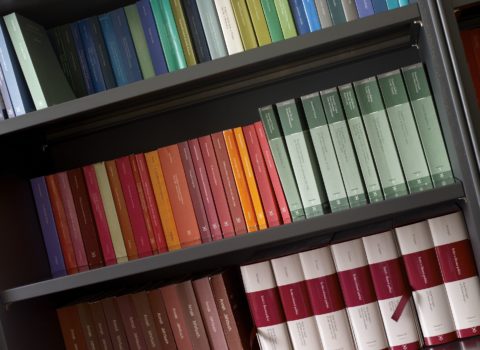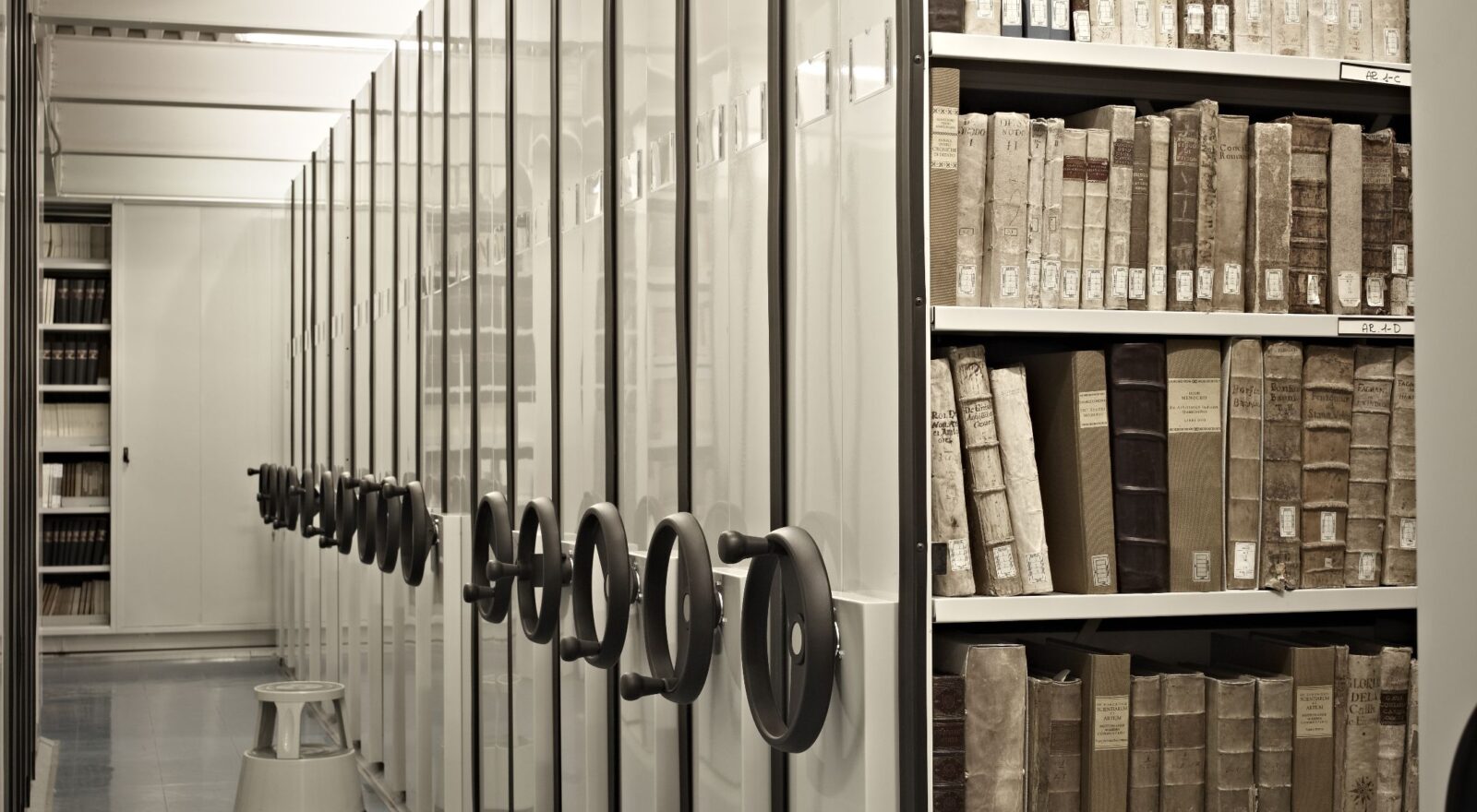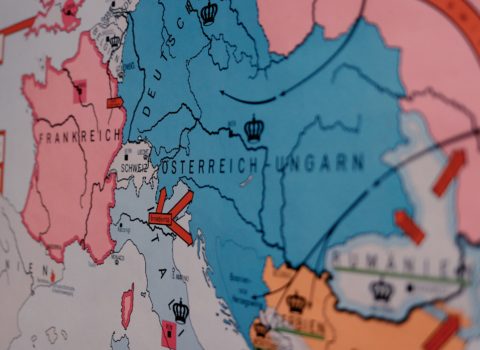
The art of grasping the essentials
What's new in Annali.Recensioni.Online
Whoever came up with the expression “to have the gift of synthesis” has recently had a privileged place in my imagination. Even more, I have wondered whether it is harder to write a critical review or to be able to synthesize a number of reviews into one. So, having come to the conclusion that Synthĕsis is not my cup of tea, and having a pronounced propensity to remember only what strikes me most, I have selected for you some of the twenty-eight submissions from the new issue of A.R.O., published on September 30.
For starters, the Forum is back, as it was originally intended: a space devoted to the presentation of a single volume by, in this case, a scholar. The star of this issue is “European Planning History in the 20th Century” (Routledge, 2023), reviewed in Italian by Marika Fior and in English by Christoph Strupp. Both emphasize a number of key elements within the essay: first, the different national traditions and histories of urban planning in Europe; in addition, the critique of the dominant “Western modernist perspective” and its overcoming; the importance of a multidisciplinary approach, considered key to understanding the complexity of urban planning and its evolution over time; and finally, the possibility of internationalizing the planning debate to foster an exchange between different approaches. The final part of the book offers eight postulates for interpreting the historiography of planning in Europe in the 20th century, the first of which focuses attention on the various definitions attributed to this discipline; Fior writes: “other authors highlight how, throughout history, each European country has not only used different terms-sometimes inventing neologisms, e.g., ‘urbanology’ in Spain-to mark its own conceptualization of the discipline, but while using identical terms they have had different meanings in different countries in relation to urban planning instruments, national programs and policies, the relationships between agencies, institutions and practitioners, the funding provided, the decision-making processes, as well as the communication channels used to popularize the discipline’s themes and contents.”
Issues of terminology and semantics in a certain historiographical debate are also addressed by the authors of the volume reviewed by Andrea Pojer, “Rohstoffe – Menschen – Wissen” (Innsbruck University Press, 2024), edited by Georg Neuhauser and Elena Taddei. The concept of “resource,” as central as ever to contemporary debate, is investigated in the book not only limitedly to its material conception (as raw material, precisely), but also involves the knowledge that human ingenuity uses to optimize and enhance them.
There are also many economic proposals: from “Welfare for Markets. A Global History of Basic Income“ to “Exportweltmeister. Geschichte einer deutschen Obsession“, from the two monographic sections of “Companies and History. Magazine of the Association for Historical Studies on Business“, up to “The Italian-German Chamber of Commerce 1921-2021. A Historical Framework. Issues 45 and 46 of “Business and History,” in particular, focus on business and the environment in Italian history in both the pre-industrial age and between the nineteenth and twentieth centuries.
Finally, anyone looking for an enjoyable and exciting read can give Paola Cosmacini’s latest work, entitled “La ragazza con il compasso d’oro. La straordinaria vita di Émilie du Châtelet” (Sellerio, 2023). The review edited by Federica Bonacini tells of a rich, complex, deep and dynamic portrait. An intellectual biography suitable for a wide audience. In short, one to put on your list.
The latest news from ARO, however, concerns the new members of the Editorial Board and the updated methods for selecting studies for review. As one would say in some newsletter or blog: you can find everything here.
Have a pleasant reading!




